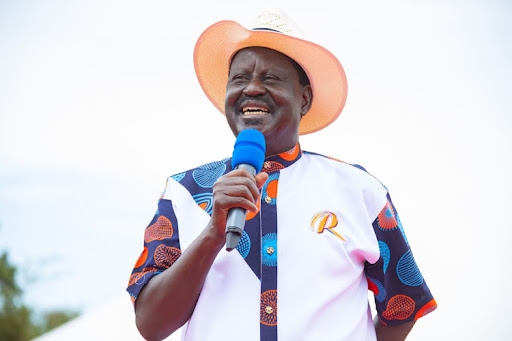Strict adherence to the rules and laws guiding an election is what actually guarantees democratic sanity.
Regulations and requirements are put in place to create an atmosphere of free and fair elections without occasioning an undue advantage on the part of some contenders.
Civil servants are required to resign at some point, way before the elections.
First, to ensure they do not use public resources at their disposal to run for political office to the disadvantage of their opponents.
Second, it would be unfair to the general public to have aspirants in office since they will be expecting proper services from them yet they will be busy campaigning.
When public servants with political ambitions remain in office until a time when elections are just around the corner, they will be torn between offering services at their offices or running their campaigns.
It is, therefore, proper for public servants eyeing elective positions to make a clear choice — whether to retain the benefits of the offices they hold or to hang up their boots and seek the mandate of the electorate.
As public servants make this decision, they must gamble with the possibility of either winning the seat or having their votes not being sufficient to guarantee them the desired win.
It is not a given that public servants who resign from office to go for elective positions end up winning. It is a question of chancing. It is also a question of how well someone endeared himself/herself to the voters.
If a public servant has not worked hard enough to endear himself/herself to the voters, or has not been available in the area they want to represent, then it will be a wild goose chase to resign from a plum job to run for an elective position.
Of course, running in an election is about spending money and time to gamble and hoping to get the numbers that will guarantee a win.
Javas Bigambo, a political analyst spoke to the Star
(Edited by V. Graham)












